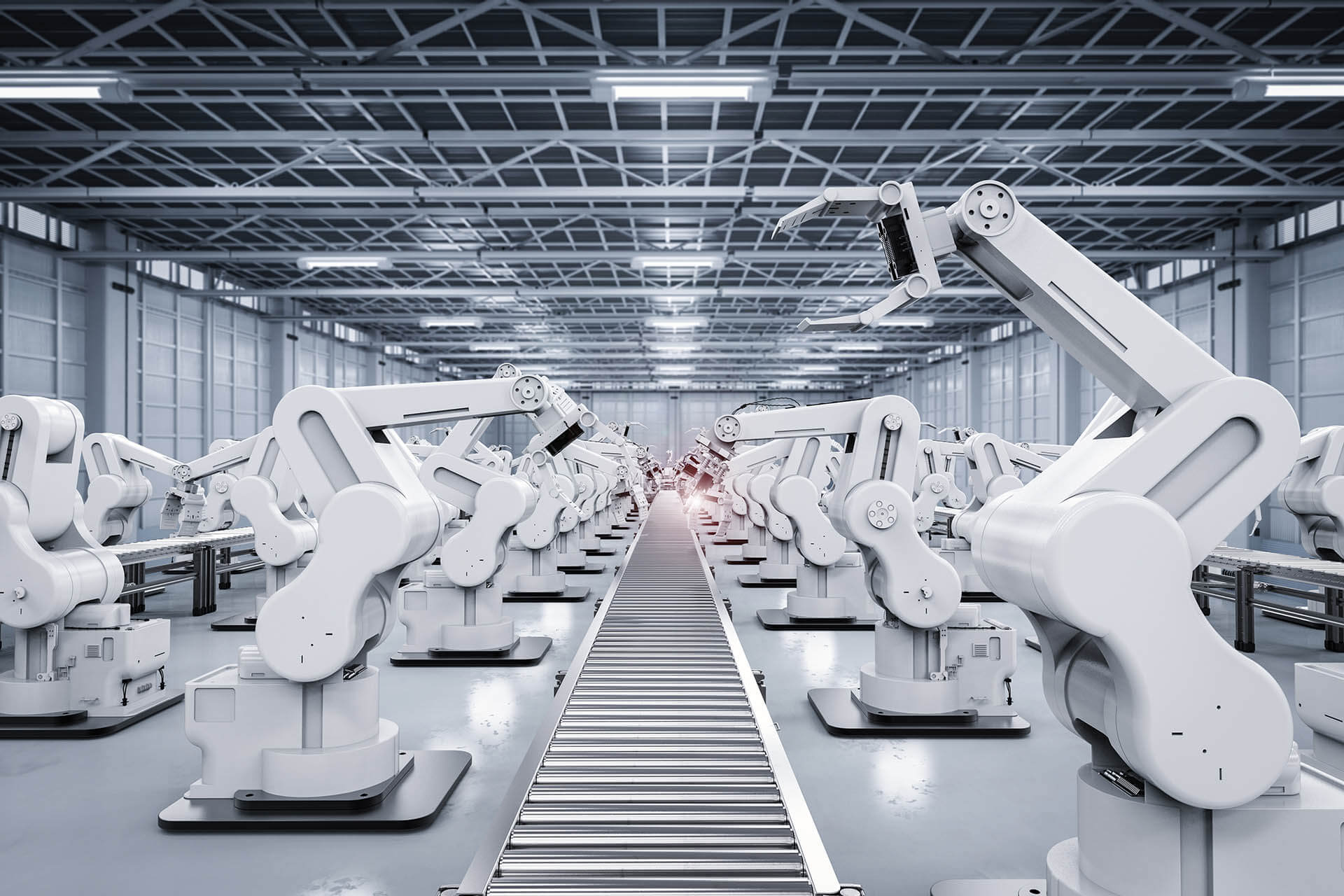The Ideal Workshop of 2025: A Vision for the Future of Manufacturing
Related Articles: The Ideal Workshop of 2025: A Vision for the Future of Manufacturing
- 2 Truths And A Lie Ideas Reddit 2025: The Ultimate Guide To Crafting Intriguing And Mind-Boggling Statements
- Closet Organization Ideas For Shoes In 2025: Maximizing Space And Style
- Cheap And Easy Dinner Ideas For Large Families In 2025
- Aesthetic Mind Map Ideas For 2025: Unleashing Creativity And Visual Appeal
- Fast And Easy Healthy Breakfast Ideas For 2025: Fuel Your Day With Nourishment
Introduction
With great pleasure, we will explore the intriguing topic related to The Ideal Workshop of 2025: A Vision for the Future of Manufacturing. Let’s weave interesting information and offer fresh perspectives to the readers.
Table of Content
Video about The Ideal Workshop of 2025: A Vision for the Future of Manufacturing
The Ideal Workshop of 2025: A Vision for the Future of Manufacturing

Introduction
The manufacturing industry is on the cusp of a new era, driven by technological advancements and changing customer demands. To meet the challenges and seize the opportunities of the future, workshops must evolve and adapt. This article envisions the ideal workshop of 2025, a space that seamlessly integrates technology, sustainability, and human ingenuity to drive innovation and efficiency.
1. Smart and Connected
The ideal workshop of 2025 will be a highly connected ecosystem, where machines, tools, and people work together in harmony. Sensors, IoT devices, and real-time data analytics will provide insights into every aspect of production, enabling data-driven decision-making and predictive maintenance. Augmented and virtual reality (AR/VR) technologies will empower workers with remote assistance, training, and enhanced visualization capabilities.
2. Automated and Flexible
Automation will play a crucial role in the workshop of the future. Robots and automated systems will handle repetitive and hazardous tasks, freeing up human workers to focus on higher-value activities. Flexible manufacturing systems will enable quick changeovers and customization, allowing for agile production and rapid response to market demands.
3. Sustainable and Green
Sustainability will be a key consideration in the design and operation of the ideal workshop. Energy-efficient lighting, renewable energy sources, and waste reduction initiatives will minimize environmental impact. Biodegradable and recyclable materials will be used in products and packaging, promoting a circular economy.
4. Human-Centric
Despite the advancements in technology, the human element will remain central to the workshop of 2025. Ergonomic workstations, optimized lighting, and a positive work environment will prioritize worker health and well-being. Training and upskilling programs will ensure that employees have the skills and knowledge to succeed in the evolving manufacturing landscape.
5. Collaborative and Open
The ideal workshop will foster collaboration and knowledge sharing. Open communication channels, virtual workspaces, and cross-functional teams will encourage innovation and problem-solving. Partnerships with academia, research institutions, and suppliers will bring fresh perspectives and access to cutting-edge technologies.
6. Data-Driven and Analytical
Data will be the lifeblood of the ideal workshop. Sensors, machine learning algorithms, and advanced analytics will provide real-time insights into production processes, quality control, and customer feedback. This data-driven approach will enable continuous improvement, optimization, and evidence-based decision-making.
7. Digital Twin and Simulation
Digital twin technology will create virtual representations of the workshop and its processes. This will allow for remote monitoring, predictive maintenance, and simulations of different scenarios. By testing and optimizing processes virtually, manufacturers can reduce downtime and improve efficiency without disrupting actual production.
8. Additive Manufacturing and 3D Printing
Additive manufacturing (3D printing) will become increasingly prevalent in the workshop of 2025. This technology will enable the production of complex and customized parts, rapid prototyping, and on-demand manufacturing. It will also reduce waste and lead times, fostering innovation and agility.
9. Artificial Intelligence and Machine Learning
Artificial intelligence (AI) and machine learning (ML) algorithms will play a transformative role in the ideal workshop. They will automate tasks, analyze data, and make predictions, enabling proactive decision-making and predictive maintenance. AI-powered quality control systems will ensure product quality and reduce the need for manual inspections.
10. Workforce Development and Training
The changing nature of manufacturing will require a skilled and adaptable workforce. The ideal workshop will invest heavily in training and development programs, preparing employees for the new technologies and skills needed for the future. Apprenticeships, certifications, and continuous learning opportunities will ensure a highly competent and motivated workforce.
Conclusion
The ideal workshop of 2025 will be a dynamic and transformative space that embodies the latest advancements in technology, sustainability, and human ingenuity. By embracing these principles, manufacturers can create a future-proof workshop that drives innovation, efficiency, and competitiveness. As the manufacturing industry continues to evolve, the ideal workshop will be a beacon of progress, shaping the future of production and creating a sustainable and prosperous society.
![[IMGSRCTITLE2]](http://static2.businessinsider.com/image/539ac435ecad042a043123a3/heres-how-robots-could-change-the-world-by-2025.jpg)
![[IMGSRCTITLE3]](https://s3.amazonaws.com/assets.ottomotors.com/content-images/Manufacturing-our-Future-iStock_25958950_MEDIUM.jpg?mtime=20160810141014)
![[IMGSRCTITLE4]](https://worldmanufacturing.org/wp-content/uploads/shutterstock_1096141913-1.jpg)
![[IMGTITLE5]](https://www.supplychainbrain.com/ext/resources/0-images/article-images/2018/1023_TheRoboticFutureof.jpg?t=1540324169u0026width=1080)
![[IMGTITLE6]](https://www.easyworknet.com/wp-content/uploads/2019/12/Manufacturing-Technology-Revolutionizes-Industries.jpg)
![[IMGTITLE7]](https://www.sessionlab.com/wp-content/uploads/Webp.net-resizeimage.png)
![[IMGTITLE8]](https://leantransitionsolutions.com/assets/img/feature_image/Manufacturing_workshop/Lean_manufacturing.png)
![[IMGTITLE9]](https://manufacturing.report/images/Resources/66b53db5-71bc-4921-bb44-5871cbeceddf_Machine_Vision.jpg)
Closure
Thus, we hope this article has provided valuable insights into The Ideal Workshop of 2025: A Vision for the Future of Manufacturing. We appreciate your attention to our article. See you in our next article!